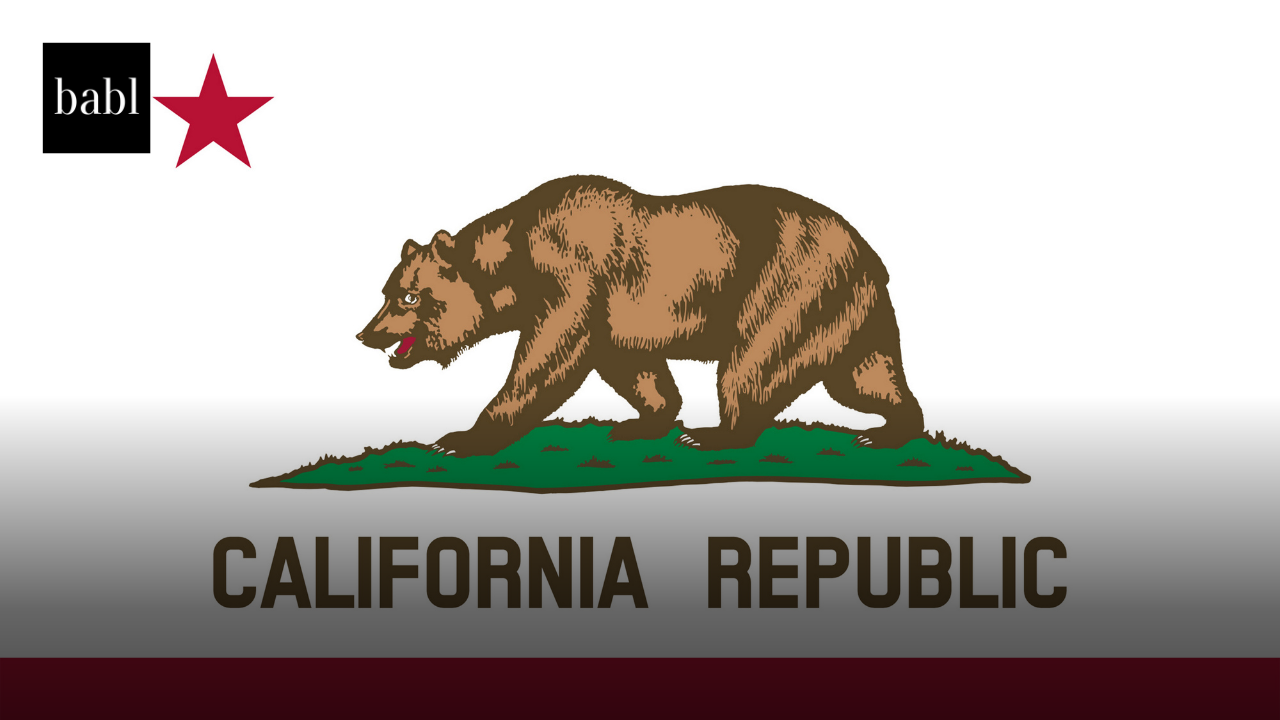Attorney General Rob Bonta has issued two legal advisories addressing the evolving use of artificial intelligence (AI) in California. The first advisory focuses on AI applications across industries, while the second highlights obligations specific to healthcare entities. These advisories emphasize compliance with existing and new state laws, offering clarity as the integration of AI technology accelerates.
“California is a global leader in technology, and with that comes the responsibility to uphold values of fairness, transparency, and accountability,” said Attorney General Bonta. “AI has transformative potential, but entities must ensure its use aligns with state laws and protects Californians.”
The first advisory outlines the application of California’s consumer protection, civil rights, competition, and data privacy laws to AI systems. It stresses the need for businesses, nonprofits, and government agencies to:
- Disclose AI Use: Consumers must be informed when AI systems impact their lives or use their data.
- Ensure AI Reliability: AI models should undergo rigorous testing, validation, and auditing to reduce bias and ensure safety.
- Avoid Misrepresentation: Businesses must not make false claims about the capabilities of their AI tools.
- Combat Bias: Entities are responsible for mitigating AI-driven discrimination, particularly in employment, housing, and financial services.
The advisory also highlights new AI laws effective January 1, 2025, which include requirements for disclosing training data and identifying AI-generated content in advertisements and media.
In healthcare, AI’s impact ranges from diagnosing diseases to managing administrative tasks. However, these systems also pose risks, including discrimination and privacy violations. The second advisory provides guidance for healthcare entities, including providers, insurers, and vendors. Key obligations include:
- Ethical AI Deployment: Healthcare entities must validate AI tools to prevent biases that could harm patients, particularly those in underserved communities.
- Transparency with Patients: Patients should be informed about how their data is used to train AI and how AI influences medical decisions.
- Supervised AI Use: New laws mandate that licensed healthcare professionals oversee AI systems used in clinical decisions or insurance claims.
The advisory also warns against discriminatory practices, such as AI systems that deny healthcare access based on biased datasets or override physician recommendations. Recent amendments to state law require insurers to ensure AI tools adhere to fairness and equity principles.
The advisories make clear that California’s legal framework, including the Unfair Competition Law, the California Consumer Privacy Act, and anti-discrimination laws, applies fully to AI systems. For example, entities must avoid deceptive practices, such as using AI to generate fraudulent content or impersonate individuals. Businesses are also liable if their AI tools contribute to legal violations.
Need Help?
If you have questions or concerns about any global guidelines, regulations and laws, don’t hesitate to reach out to BABL AI. Their Audit Experts can offer valuable insight, and ensure you’re informed and compliant.





